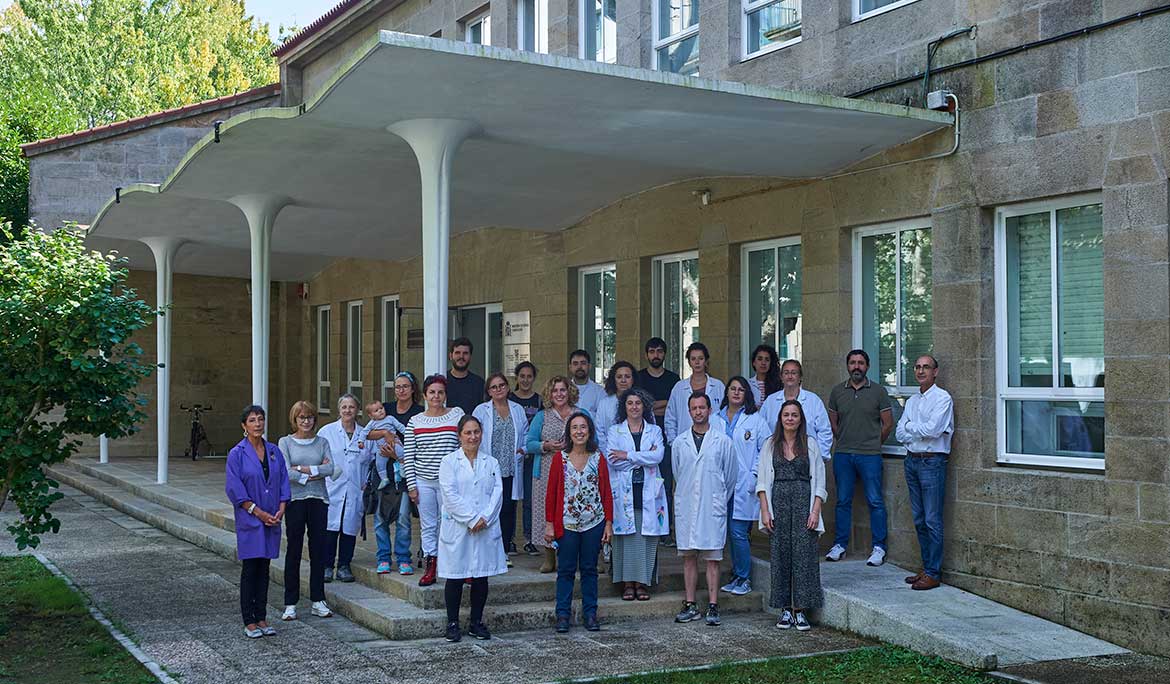Tipo de publicación:
Revistas indexadas en la Web of Science o en SCOPUS
Enlace a publicación:
https://doi.org/10.3389/fmicb.2023.1184070
Abstract
Mine driven trace elements’ pollution entails environmental risks and causes soil infertility. In the last decades, in situ techniques such as phytostabilization have become increasingly important as ways to tackle these negative impacts. The aim of this study was to test the individual and combined effects of different aided phytostabilization techniques using substrate from barren tailings of a Cu mine, characterized by extreme infertility (high acidity and deficiency of organic matter and nutrients). The experiment analyzed the growth of Populus nigra L. planted alone (P) or in co-cropping with Trifolium repens L. (PT), in pots containing mine soil amended with compost (1, 10, compost, soil, w/w) non inoculated (NI) or inoculated with plant growth promoting rhizobacteria (PGP), mycorrhizae (MYC) or a combination of bacterial and fungal inocula (PGPMYC). Non-amended, non-planted and non-inoculated reference ports were also prepared. Plants were harvested after 110 days of plant development and several biometric and phytopathological parameters (stem height, aerial biomass, root biomass, wilting, chlorosis, pest and death) and macro and micronutrient composition were determined. The growth substrate was analyzed for several physicochemical (pH, CECe, and exchangeable cations, total C and N, P Olsen and availability of trace elements) and microbiological (community level physiological profiles: activity, richness and diversity) parameters. The use of the amendment, P. nigra plantation, and inoculation with rhizobacteria were the best techniques to reduce toxicity and improve soil fertility, as well as to increase the plant survival and growth. Soil bacterial functional diversity was markedly influenced by the presence of plants and the inoculation with bacteria, which suggests that the presence of plant regulated the configuration of a microbial community in which the inoculated bacteria thrive comparatively better. The results of this study support the use of organic amendments, tolerant plants, and plant growth promoting rhizobacteria to reduce environmental risk and improve fertility of soils impacted by mining.
Grupos:
GRUPO DE REFERENCIA COMPETITIVA DE CONSERVACIÓN Y MEJORA DE SISTEMAS AGROFORESTALES
